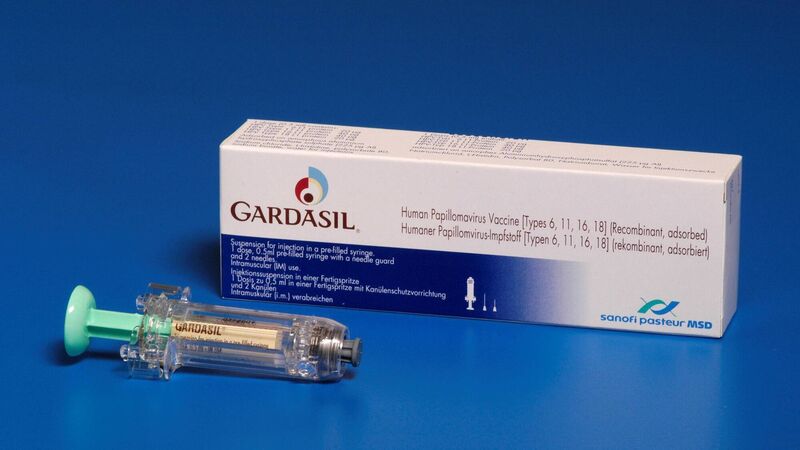Pharmacist claims fitness to practise inquiry will return HPV vaccine concerns to spotlight

The video claims that several young girls suffered severe conditions after they had taken Gardasil to protect against the HPV virus – a common source of cervical cancer. Photo: AFP/Getty Images
A Dublin pharmacy owner accused of professional misconduct over a Facebook post which appeared to show her support for an anti-vaccination group claims an inquiry into her conduct has created far greater publicity for opponents of the HPV vaccine, Gardasil, than her social media use.
Pharmacist Janet Dillon warned the publicity surrounding attempts to “publicly vilify and humiliate” her at an inquiry held by the Pharmaceutical Society of Ireland this week could result in “a renewed anti-HPV vaccine social media campaign.” Ms Dillon, who owns a pharmacy in Manor Street in Stoneybatter, also signalled she would mount a legal challenge against any adverse finding against her.










